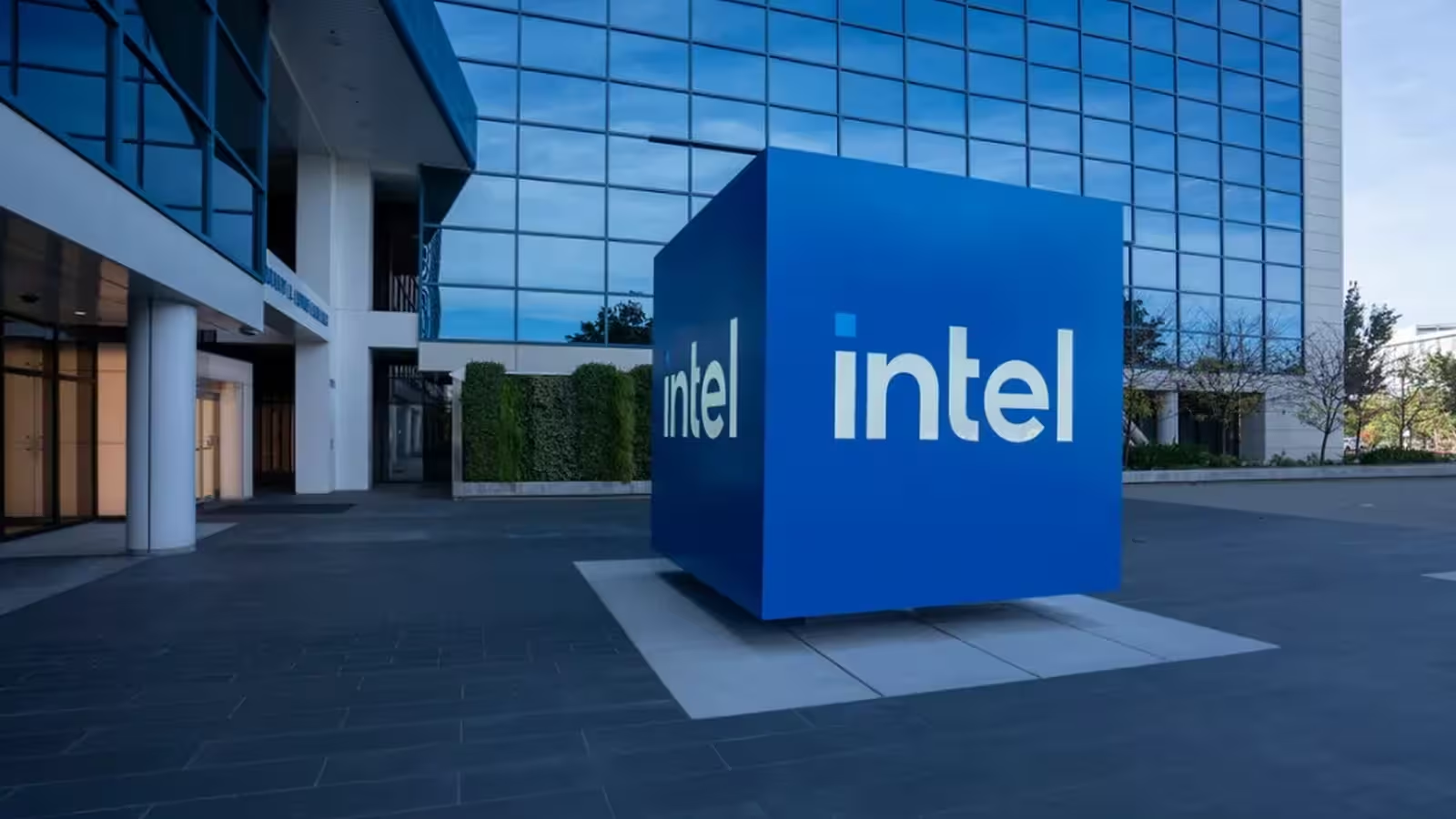3 Minutes
Landmark Court Decision Favors Intel in Billion-Dollar Patent Dispute
In a significant win for the global semiconductor industry, Intel has successfully overturned a multi-year, multi-billion-dollar patent verdict in Texas, dramatically shifting the landscape of tech intellectual property enforcement.
Background: Inside the Legal Battle Over Patents
The dispute began over a decade ago, when Intel entered into a patent licensing agreement with Finjan in 2012—an entity controlled, like VLSI, by Fortress Investment Group. Over the years, VLSI initiated several lawsuits against Intel, claiming infringement of various microprocessor patents. Ultimately, Texas courts had issued verdicts ordering Intel to pay more than $3 billion to VLSI.
However, recent developments have changed the narrative. A Texas jury has now determined that Fortress Investment Group holds complete control over VLSI. This finding was pivotal, as Intel argued that its original agreement with Finjan—due to Fortress's unified ownership—should extend protection against VLSI's claims as well. The Austin court agreed and ruled in favor of Intel, potentially nullifying the previous multi-billion-dollar judgments.
Strategic Impact on the Semiconductor Sector
This outcome doesn't only benefit Intel. Industry leaders, including Apple, have previously accused VLSI of weaponizing patents for financial gain rather than technological innovation. This case highlights broader concerns around patent aggregation and litigation practices affecting real technology companies.
Now, Intel stands to reclaim any amounts paid under the overturned verdicts, enhancing its financial and strategic position as it continues to innovate in chip design and production. The case also signals a warning to similar "patent assertion entities" in the global tech market.
Implications and Market Relevance
For enterprise businesses and tech professionals, this victory marks a notable precedent in IP rights protection and contract interpretation—affirming the importance of clear agreements when it comes to patent licensing in a complex, interconnected technology ecosystem. As the semiconductor industry powers advancements from AI servers to next-generation PCs, such legal clarity supports continued innovation and growth.


Leave a Comment